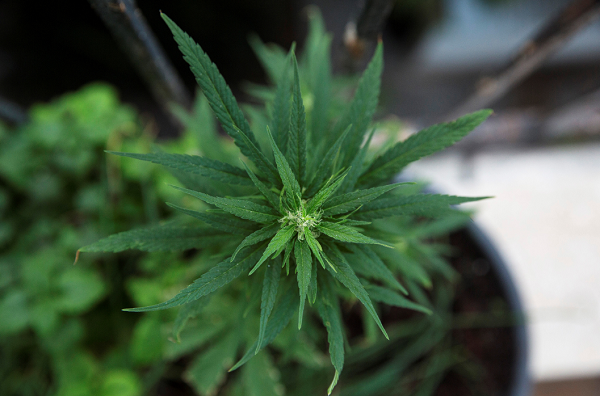Marijuana Legalization In Tennessee: Decriminalization Efforts In Memphis And Nashville Could Be Repealed

Two cities in Tennessee introduced laws in 2016 that eased marijuana charges, however, a lawmaker filed a bill Monday that would ultimately repeal decriminalization efforts in Memphis and Nashville. The bill stated the new, relaxed laws are inconsistent with the state’s decrees towards drug control and would result in confusion among local governments that had their own sanctions regarding drug possession, according to reports.
Back in early 2016, House Criminal Justice Committee Chairman William Lamberth, R-Tenn., threatened to take action against decriminalization efforts if they were passed throughout the state. His latest measure, House Bill 173, coincides with Tennessee Attorney General Herbert Slatery’s November statement explaining how decriminalizing marijuana in various cities would make local government laws “unenforceable.”
“We’ve never had cities that have just blatantly disregarded state criminal laws and just started making up their own criminal laws on their own,” Lamberth said to local media after filing the new bill. “If that were to continue, you would have a hodgepodge of criminal laws throughout our state that no attorney, judge or individual would ever be able to understand or explain as to what penalties you may face where and when.”
Tennessee Lawmaker Wants to Nullify Local Marijuana Decriminalization Ordinances https://t.co/OQGySaxrXt pic.twitter.com/bulWASkgDg
— Diego Pellicer (@_DiegoPellicer_) February 1, 2017
Nashville passed decriminalization bills in September while Memphis took similar measures a month later in Memphis. Both ordinances give police the option to give offenders a $50 fine if they’re caught with a half-ounce of marijuana or less instead of charging people with a Class A misdemeanor, which can result in up to a year of jail time and a $2,500 fine. In Nashville, officers are also allowed to issue community service citations under the new decriminalization law.
Lawmakers who backed decriminalizing marijuana in Memphis and Nashville said easing possession laws would prevent non-violent offenders from receiving unnecessarily harsh punishments and could result in cities making better use of their resources and police departments.
© Copyright IBTimes 2025. All rights reserved.






















